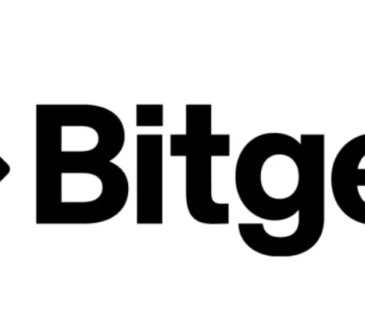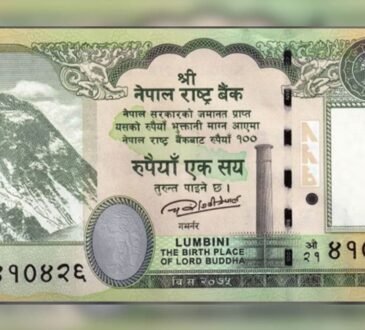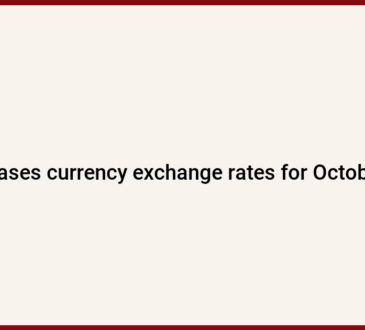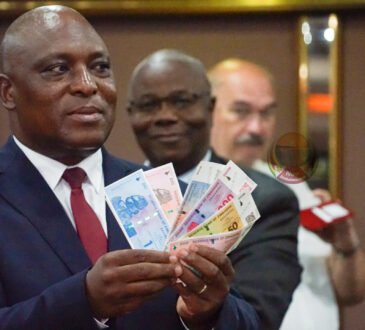Ghana is calling for a harmonised currency among members of the Economic Community of West African States to aid in fuel lifting from the Dangote Petroleum Refinery and other business transactions.
The Chairman of the National Petroleum Authority in Ghana, Mustapha Abdul-Hamid, said this at the ongoing OTL Africa Downstream Energy Week in Lagos.
Abdul-Hamid argued that Africans’ overdependence on the dollar was putting too much pressure on local currencies, leading to a loss of value.
He stated that Ghana would need dollars to import fuel from the Dangote refinery and Nigeria would need the same currency if it planned to import from Ghana, saying this did not make any sense.
Speaking about collaboration and alliance in the petroleum industry, Abdul-Hamid stressed that member states may have different political interests, but in the spirit of ECOWAS, it is important to harmonise all interests into a common agenda that allows all to benefit from each other’s market.
“Fortunately for us, the entire continent now has an Africa Continental Free Trade Agreement that allows us to collaborate among ourselves in terms of trading, not just in petroleum products but in all other products. However, if Ghana is going to import petroleum products from Dangote refinery, for example, we would still have to pay Dangote refinery in dollars.
“If there is a petroleum shortage in Nigeria, then you would have to supplement with imports from the Gold Coast refinery in Accra; for example, you would also have to find dollars to still buy from Ghana. To an extent, that doesn’t make a lot of sense to me. Therefore, we should move to a point whereby we actualise this goal of having a common currency for all of us.
“It is our demand for dollars to import petroleum products that put pressure on our various currencies. That drives petroleum product prices upwards. Now that Nigeria has a deregulated petroleum regime, for example, the major factor that is going to be responsible for driving up petroleum prices in Nigeria will be the currency, because importers would need more dollars to import petroleum products,” Abdul-Hamid stated.
He said Ghana would require $400m monthly to import petroleum products, adding that “now I can imagine how much Nigeria will need for the importation of its petroleum products. Where are the Nigerian petroleum importers going to find the dollars? You will only put too much pressure on your currency.”
He called for alliances that should go beyond just a collaboration between petroleum authorities to serious cooperation at governmental levels that harmonises petroleum infrastructure, and fiscal and economic regimes.
Abdul-Hamid said Ghana would love to import fuel from the Dangote refinery the moment it hits the 650,000 barrels per day capacity as Nigeria would not be able to consume it all.
This, he said, would be better than importing refined petroleum products from Rotterdam in Holland.
He disclosed that the country had put measures in place to stop fuel smuggling from Nigeria into Ghana, asking the Nigerian Midstream and Downstream Petroleum Regulatory Authority to set up a security unit to that effect.
The President of the Dangote refinery, Aliko Dangote, has called on local marketers to come and lift petrol instead of going outside the country to import.
He said the company had about 500 million litres in its storage at a time when the Nigerian National Petroleum Company Limited and others were looking elsewhere for premium motor spirit.





